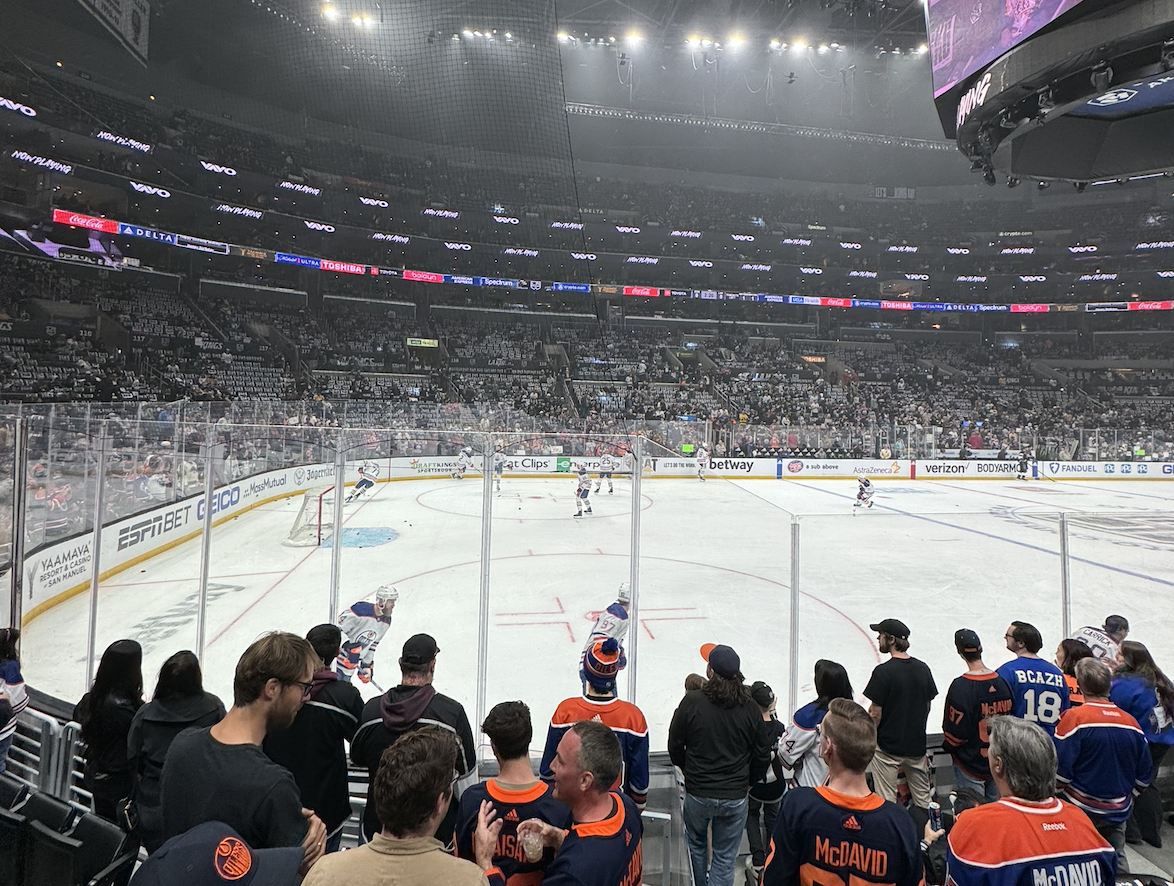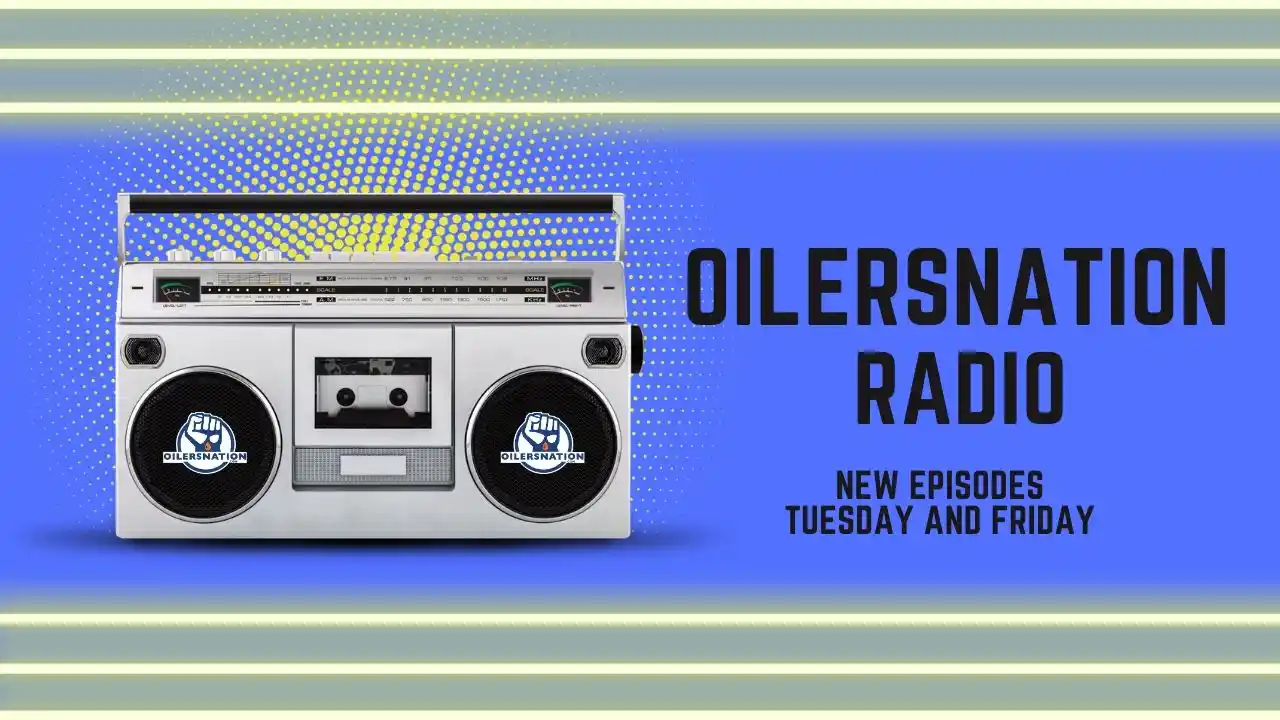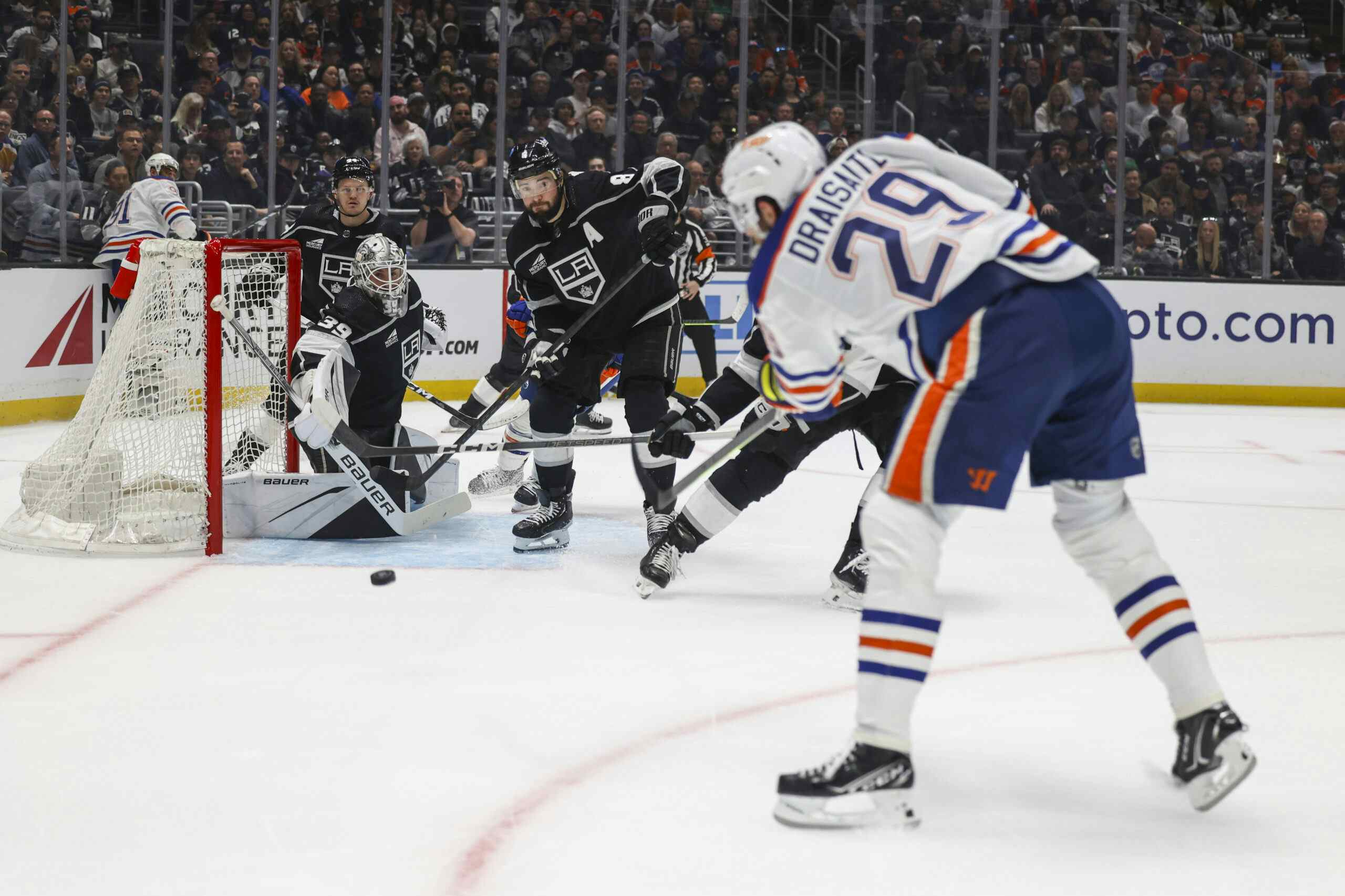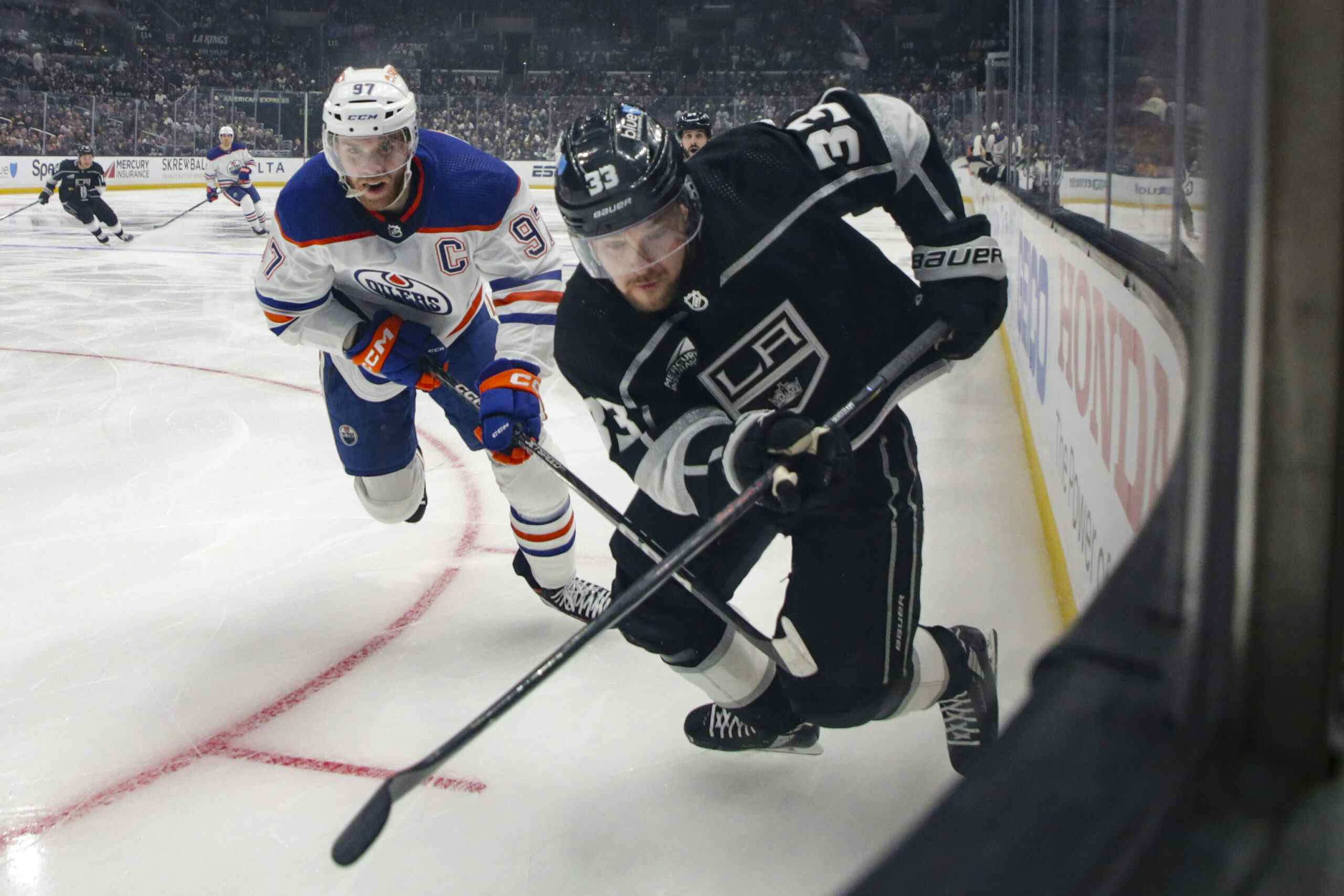Employees
There’s an idea floating around that the NHLPA has lost its grasp on exactly what its constituents are. It works something like this: owners are owners, employees are employees, and the latter have no right to be dictating to the former what share of company revenue they deserve.
I suspect it’s an idea born of frustration with the NHL lockout, and an apples-to-oranges comparison between employment as a professional hockey player and employment in a more blue-collar job. In that sense it’s understandable. It’s wrong, but it’s understandable.
A Brief Look At The History of Hockey-Related Revenue
In a September interview – right before explaining that the NHL is the ranch that allows the player-cattle to feed – Detroit executive Jim Devellano explained why there’s a salary cap in the first place:
Each owner / team has a decision as to how they want to pay their players, as long as they are under the cap. Now Donald Fehr would have you believe by getting rid of the cap, the owners would make more money and that the sky is the limit, but trust me Scott, the owners would lose their asses. We’ve tried that. It doesn’t work. There is just too much cost involved in running and owning a team.
Devellano is right. He goes on to say that this is “very complicated and way too much for the average Joe to understand,” but there he’s wrong. It’s actually very simple. Even in a system with drags on player salary – items like an entry-level cap and restricted free agency – owners spent more money than they could afford. There are, as I see it, two reasons why they spent so stupidly:
1. Many weren’t treating teams like businesses. Owners, just like fans, like to win. Players were not treated like financial investments and paid commensurate to the value they brought to the business; instead, they were paid whatever it took to get them because a $10 million deficit fades but Stanley Cup rings are forever. Or something like that.
2. There were slight competitive imbalances. In 2003-04, the last year before the lockout, teams like New York and Detroit would each spend as much as three teams at the league’s bottom tier. While the Rangers were sort of funny (seven consecutive years without a playoff appearance, heading into the 2004-05 lockout), the overall effect on player salaries made it impossible for small market teams to compete. It also made it very, very difficult for them to ice any kind of team without bleeding red ink.
The NHL’s solution to both problems was the salary cap. Now, big-money teams are in a system where – barring an obscene waste of money on hockey operations staff – they can’t possibly lose money. They have cost certainty. No matter how much money they make, they’re only allowed to spend a percentage of it – based on league-wide hockey-related revenue – on players.
The NHL fought hard for this. “Cost certainty” was the buzzword in 2004-05: they wanted a salary cap, and they wanted it linked to revenue.
The Problem With The Ranch/Cattle, Employer/Employee Dynamic
The primary issue saying something like ‘the players are employees and have no right to bargain for a percentage of revenue’ is this: the NHL is not a regular workplace. There’s an artificial structure in place – a structure that includes not just the salary cap but also things like the entry draft and free agency. It’s a structure that in most businesses would be illegal.
Let’s go to the implicit apples-to-oranges comparison to show how crazy this is. Imagine a tradesman, fresh off completing his interprovincial exam in Edmonton. This is roughly analogous to the situation of a hockey player coming out of Europe/major junior/college hockey. Instead of going out and finding a job, all of the companies in his line of work have formed a league. He’s picked by a company in Whitehorse – they’ve been struggling lately, so they earned the right to pick first in the annual electrician’s draft, and they like his grades in school and his practical experience with PLC’s.
After eight years, or by age 26, if he doesn’t like Whitehorse he can sign as a free agent with a team in Alberta.
It’s ridiculous, but that’s just because the comparison is ridiculous. NHL teams have rights that other companies don’t get, and they only have them because of the existence of the NHLPA and collective bargaining.
If the NHLPA ceased to exist, owners would get some things that they would like. Guaranteed contracts would come to an end, for example. But they would also lose their ability to dictate the course of an NHL player’s career – and as a group, there would be no way to artificially cap salaries at a certain percentage of revenue.
That would mean a return to the old days – where any billionaire who wanted a Stanley Cup ring could spend as much money as he liked in his efforts to get one. That would lead to all sorts of problems – in the current climate, it would kill teams like Florida; in the climate of a decade ago it would re-kill Winnipeg.
But players make too much money…

There’s a reason players make too much money: people spend too much money on the NHL.
As long as individuals are willing to pay extremely high prices for tickets, the NHL will charge them. As long as companies are willing to fork over cash for a luxury box, teams will build arenas with a plethora of luxury boxes and charge the money. As long as governments are willing to subsidize big new arenas and then offer favourable rent agreements and even subsidies, NHL teams will suck that money up.
As we’ve seen, without a salary cap, rich men will spend all that money and more in a quest to win. The NHL is limited in terms of how hard that salary cap can be: once they reach a certain point, the NHLPA membership will decide they’re better off sacrificing guaranteed contracts and just taking the money these guys will spend in a free market system. The league’s interest is in pushing the cap as low as they can without bringing that about.
And if fans don’t like to see hockey players both treated and paid like rock stars, there’s an easy way around it: stop spending money on tickets and TV packages. Vote against governments that spend money subsidizing professional sports. The only way to bring down player wages in a substantive way is to bring down league revenues along with them.
I’m not advocating that, personally. While I find the economics of professional sport distasteful, I understand that the only reason leagues like the NHL make money is because as a society we’ve decided that the entertainment value we receive warrants it. In my estimation, even the renewed cry that the players make too much money is a symptom, because it’s spurred by a desire to get back to paying for high-level hockey.
Recently by Jonathan Willis
- Oklahoma’s epic comeback falls just short; they lose 6-5
- Tyler Pitlick & his NHL future
- Best of the Nation: 11.11.12
- GDB: Battle of Alberta, AHL-style
- Take a load off, Annie
- It’s a good time to be Teemu Hartikainen
- Ten games in: AHL report cards
Recent articles from Jonathan Willis





